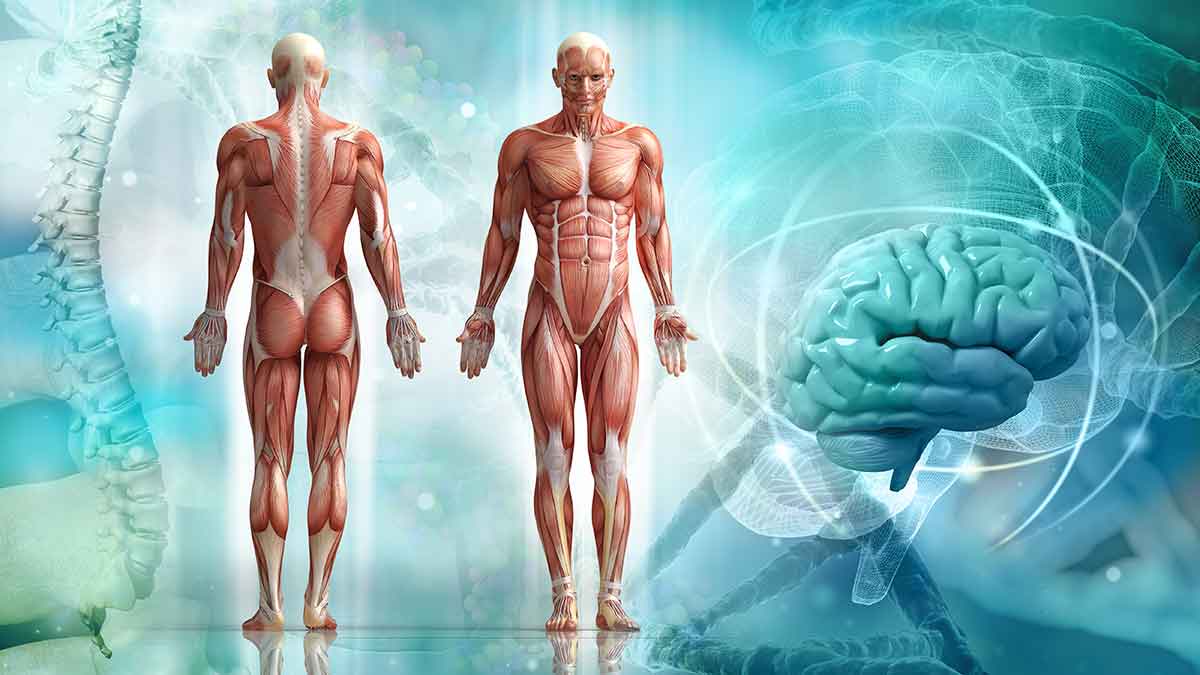
Each organ in the human body has a different renewal period. Protein is the “brick”, the basis of this building, and the protein itself is made up of amino acids. The complete set of amino acids, some of which are essential, is needed to renew the human body. If any of the essential amino acids are missing, the process stops.
This is another fact proving that counting calories (deficit or surplus) is not enough to achieve our goals (losing weight or gaining muscle mass).
Are we getting enough protein in our food,
which we eat every day?
Here is a list of renewal periods for some human organs:
- The epithelial cells of the stomach and intestines – 3-5 days;
- Cornea of the eye – 10 days;
- The mucous membrane of the tongue and mouth – 10-14 days;
- Bronchi – 2-3 weeks;
- Skin – 1-3 months;
- Blood – 4 months;
- Liver – 6-18 months;
- Kidneys – 6-18 months;
- Spleen – 6-18 months;
- Hair – 1-2 cm per month (renewal depends on its length 😉);
- Lash and eyebrows – 3-6 months
- Nails – 1-4 mm per month, full renewal 6 months.
- Lungs – up to 1 year;
- Lymphatic system – 2 years;
- Bone tissue – 10 years;
- Muscles – 15 years;
- Heart – 20 years.
The brain, lungs, and organs of the digestive and excretory systems are organs that do not renew themselves in the traditional way.
The brain is one of the most complex organs in the human body. Neurons in the brain can regenerate, but this does not mean that the brain is completely renewed. Brain cells do not multiply as often as cells in other organs. The brain can change and adapt throughout a person’s life, and it is practically impossible to determine any time frame for complete renewal. The more new information a person absorbs, the more dynamic the regeneration processes are.
The lungs are organs that are often exposed to damage from daily activities, improper sports and harmful habits. The cells in them regenerate and recover after such damage, as long as they are provided with conditions for this.
The organs of the digestive and excretory systems work in an extremely aggressive environment, and while their mucous membranes/epithelium are renewed in a very short time, this is not the case for their complete renewal.
To ensure this renewal, a “life-saving” daily protein intake of 0.8 to 1.1 grams per kilogram of body weight is required, from a complete set of amino acids, ie. from food with high nutritional value.
If we do not provide at least this amount, the organs cannot repair themselves normally and are very likely to start getting sick and aging.
And in order not to lose muscle mass during daily physical activities and to maintain a normal metabolism, this amount needs to be increased even more – it is normal to take around 1.5, and for active athletes even 1.8- 1.9 g per kilogram of weight.
Protein alone is not enough to make food complete and of high nutritional value. To learn more, contact us or sign up for the next round of the Strong Spirit and Healthy Body Marathon – this will enable you to achieve your goals.



